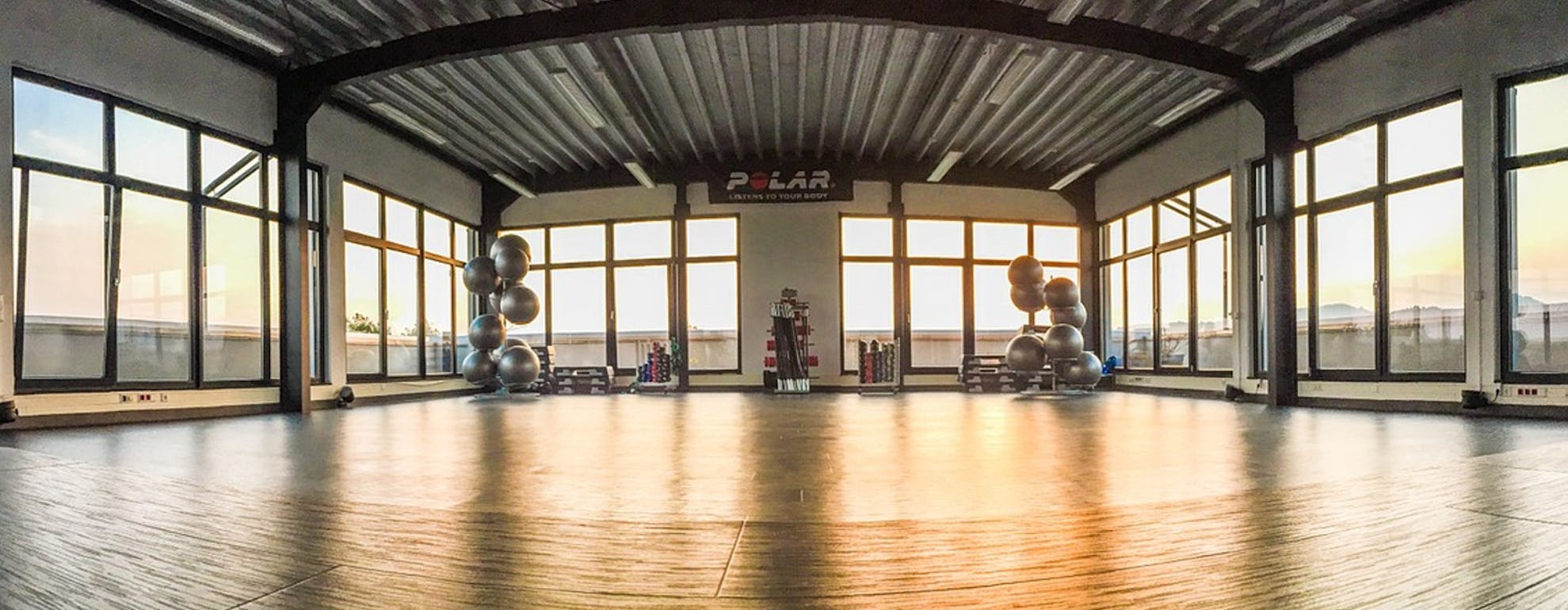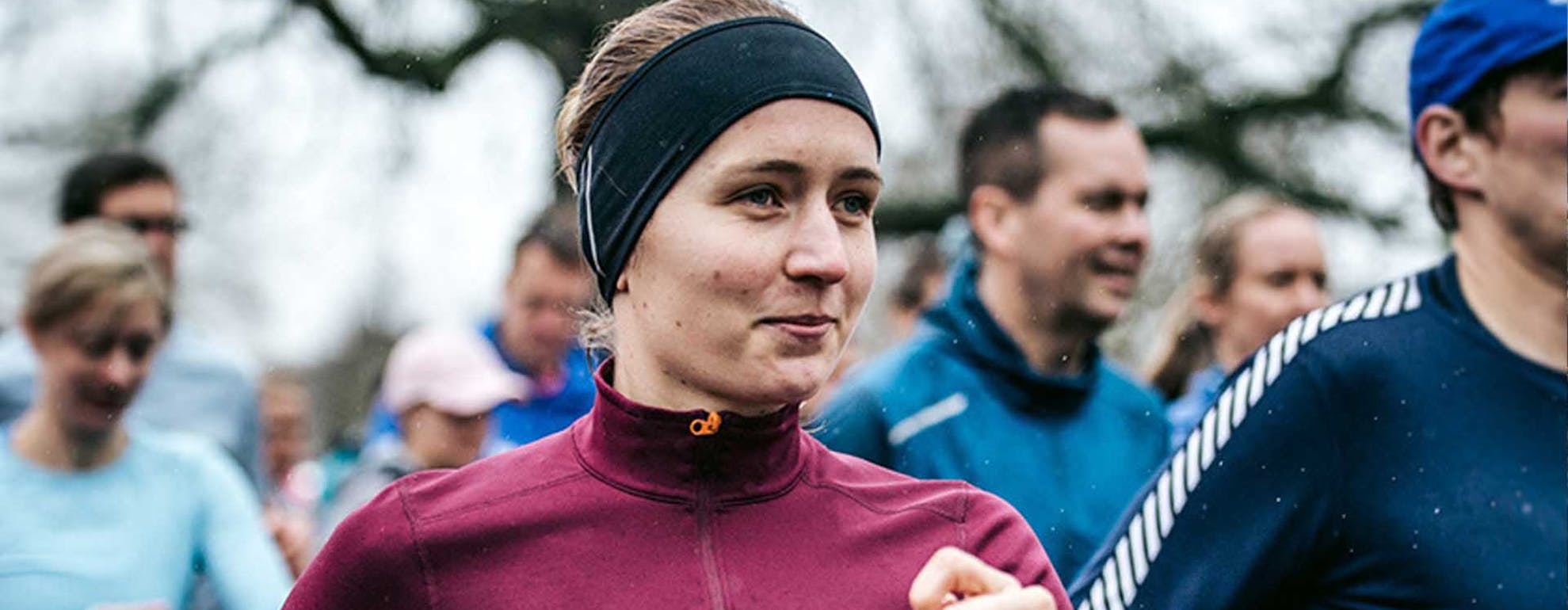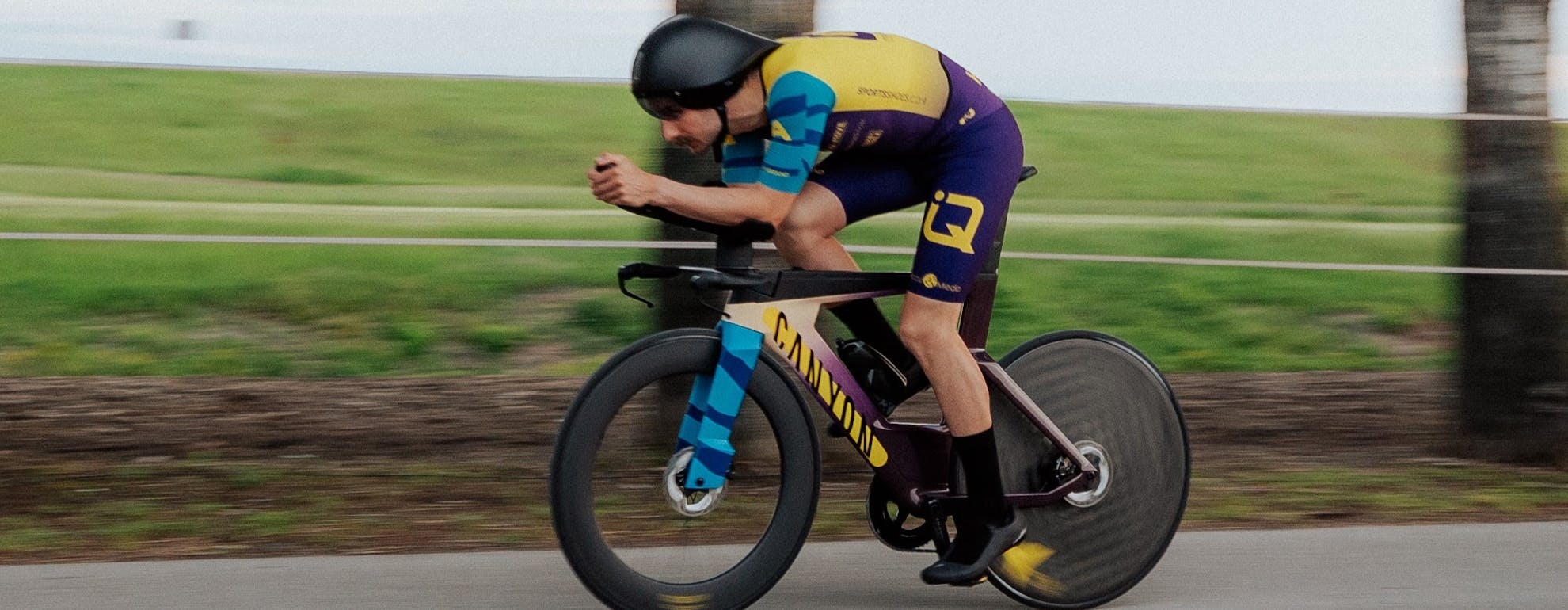
How to train for a Triathlon
Our SportsShoes ambassador Maximilan Horoba tells us about his training for a triathlon.
ㅤ
How long do you usually train for a triathlon?
The duration of training for a triathlon varies greatly from athlete to athlete, depending on their level of experience, personal goals and the time available. Some athletes train intensively and consistently over several years, while others can be successful with less effort and time. However, adequate preparation for a long-distance triathlon can often take several months. I trained for my long distance in a structured way for six months. Before that, I did several half-distances, so I was able to base my training on a good level of fitness.
ㅤ
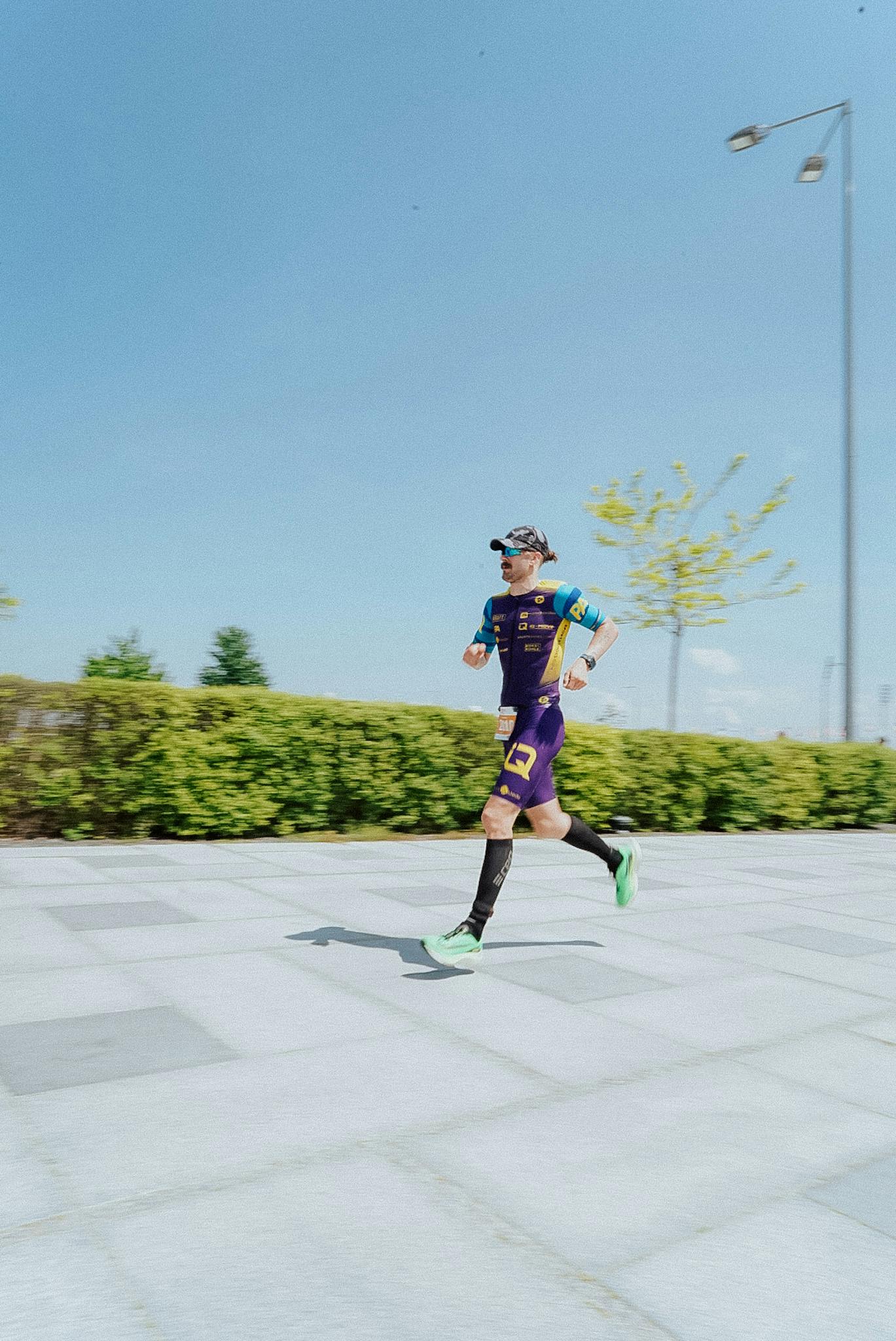
Photo credit: @jantitvs
ㅤ
How do you prepare for a triathlon? Do you have any tips for others who want to start?
Preparing for a triathlon requires a well-structured training plan and a balanced focus on swimming, cycling and running. However, strength training should not be neglected. Here are some tips for preparation:
Create a training plan: Plan your training in advance to ensure you have enough time for each discipline and don't overexert yourself.
Progression: Gradually increase training intensity and duration to avoid injury and improve performance.
Combined training: Practice switching between disciplines to prepare for competition day.
Nutrition: Make sure you eat a balanced diet that covers your energy needs and provides you with optimal nutrition during training.
Rest and recovery: Don't forget to plan enough rest and recovery to avoid overtraining.
ㅤ
Of course, you can also take part in a triathlon at any time without specific training. A sprint distance in particular is ideal for trying out the sport.
ㅤ
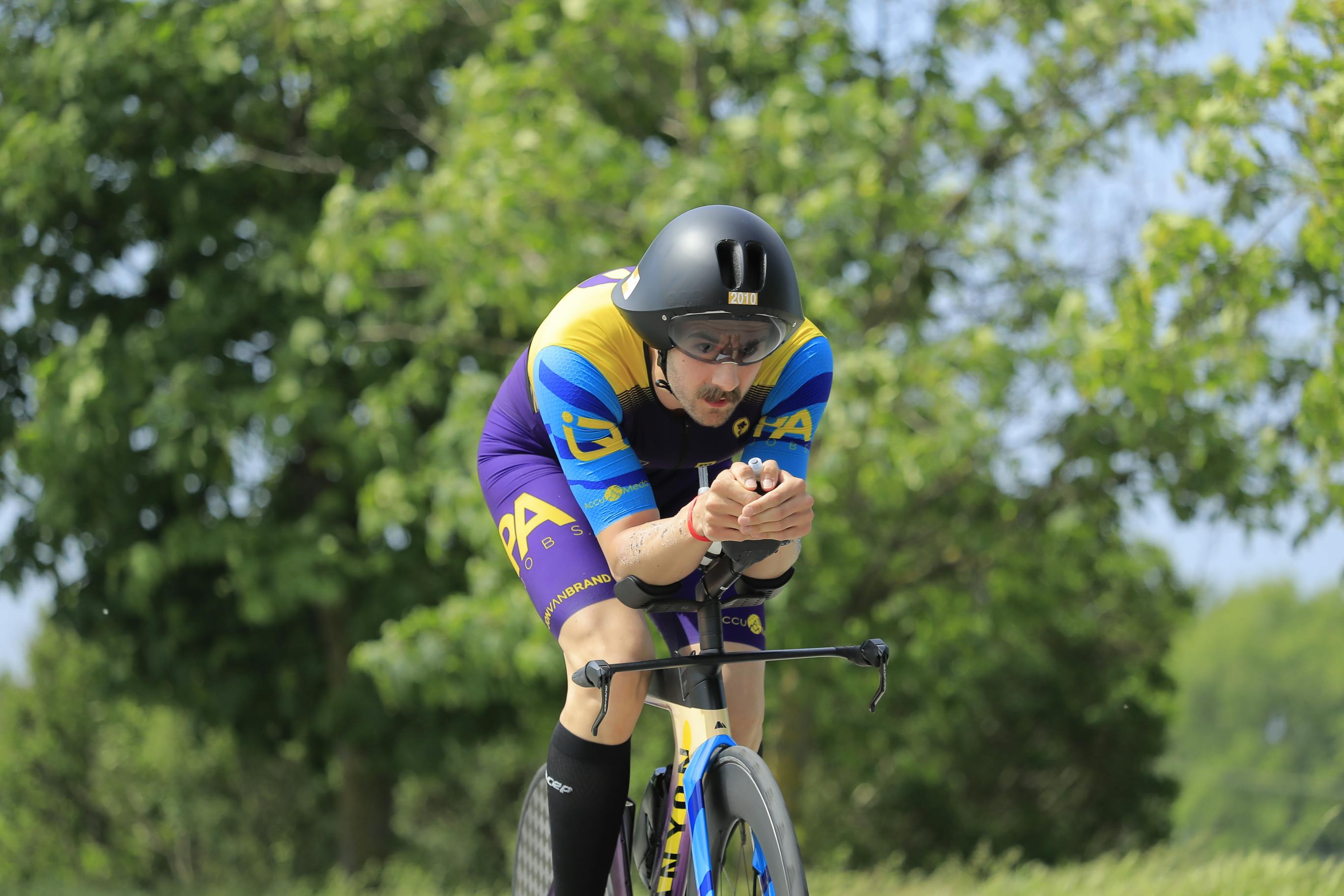
Photo credit: @jantitvs
ㅤ
How often do you train for a triathlon? How long is your training per session?
Training frequency and duration also vary from individual to individual and depend on the distance you want to cover. Professional triathletes often train several times a day, while amateur athletes may train 5 to 6 times a week. The duration of each training session depends on the discipline and the training goals. Generally, cycling takes up the largest amount of training. Swimming and running sessions usually last about 45-90 minutes, while cycling sessions can be longer, e.g. 2 to 3 hours.
But again, to start training for a triathlon, it is often enough to cover each discipline and vary in the combination.
ㅤ
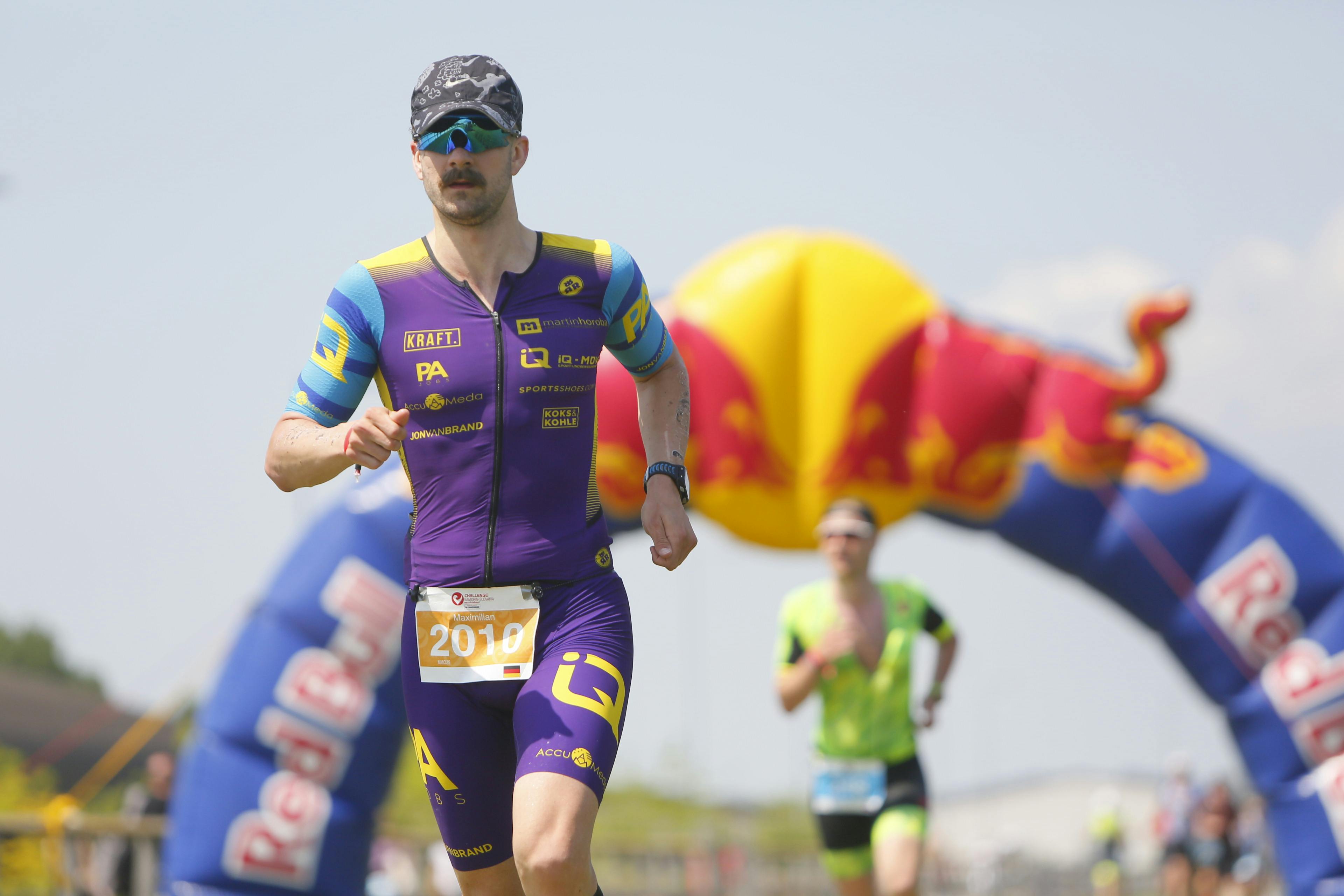
Photo credit: @jantitvs
ㅤ
What does your plan for the training look like?
My training plan was designed around my specific goals and the time frame before the planned triathlon. It includes all three disciplines - swimming, cycling and running - as well as combination sessions and strength training. The plan took into account balanced training phases, periodisation and recovery times.
Here is a sample week of my training:
Monday: 1 hour running basics, 1 hour swimming basics
Tuesday: 2 hours road bike with pedalling frequency exercises and start-ups
Wednesday: 1 hour interval running, 30 minutes strength training
Thursday: 1 hour swim basics with sprints
Friday: 1 hour run basics
Saturday: 2 hours road bike with 40/20 second sprints
Sunday: 2 hours road bike basics, 30 minutes bike run basics
ㅤ
What do you try to include in your training? Do you have any tips on what might not be so important to include?
In my training approach, I strive for a holistic improvement of my performance by specifically training both my endurance and my speed. I integrate different intensity levels to improve my performance in all triathlon disciplines. Interval training in particular has proven to be extremely effective in taking my performance to a new level. You can do intervals not only when running, but also when cycling or swimming.
At the same time, I am careful not to fall into the trap of overtraining without sufficient recovery periods. A balanced approach is key for me to avoid injuries and overtraining and to maintain my long-term performance.
Overall, it is important for me to plan my training strategy carefully and to respond to the individual needs of my body in order to prepare optimally for my triathlon. Especially when I notice that my body needs more time to regenerate, I allow myself an extra day off.
ㅤ

Photo credit: @jantitvs
ㅤ
What do you do in the last days before the triathlon? Do you have days where you don't train?
In the last few days before a triathlon, I train less to give the body enough time to regenerate and prepare optimally for the competition. So-called tapering means gradually reducing the intensity and duration of training to ensure that I am fresh and rested for the competition, but still maintain my fitness.
ㅤ
What do you wear to a triathlon and what is part of your equipment?
For a triathlon, I usually wear a triathlon suit that is specifically for the three disciplines and can be worn throughout the race. This saves time when changing. For cycling, I wear cycling shoes and a special aerodynamic helmet. For running, I change into running shoes, and I also wear sunglasses and a cap to protect me from the sun. A sports watch with a triathlon function is a helpful piece of equipment to keep track of my performance and time. In addition, I have energy gels in my bag in the transition area, which I take regularly.
ㅤ
Looking for some training tips and advice? Then head over to our Training category where our athletes and experts explain everything you need to know.
Welcome
Welcome to the SportsShoes Training Hub! We’ve teamed up with athletes and experts to bring you the very best advice on how to maximise your workouts and achieve your best results.
Read More
Share this
Featured Articles
View All


